Enhancing Pollinator Landscapes
Pollinators play a key role in ecosystem function and in agriculture, including thousands of native plants and more than one hundred U.S. crops that either need or benefit from pollinators. However, pollinators are in dramatic decline in Minnesota and throughout the country. The causes of the decline are not completely understood, but identified factors include loss of nesting sites, fewer flowers, increased disease, and increased pesticide use. Fortunately, there are known actions that can be taken to help counteract some of these factors. Researchers at the University of Minnesota are using this appropriation to conduct efforts aimed at increasing reliable supplies of nectar and pollen for pollinators by surveying for existing populations, identifying plants that contribute the most resources to pollinator production and survival, and identifying areas where pollinators nest and overwinter. Information will be used to develop maps, demonstration sites, best management strategies, and long term plans for sustaining pollinators that will assist private landowners and public land managers in efforts to enhance landscapes for the benefit of pollinators.
$864,000 the second year is from the trust fund to the Board of Regents of the University of Minnesota to identify sources of nectar and pollen for native pollinators and honey bees and coordinate ongoing and future efforts to enhance pollinator habitat and opportunities for pollinator nesting and foraging. This appropriation is available until June 30, 2017, by which time the project must be completed and final products delivered.
Click on Work Plan under Project Details.
Click on Work Plan under Project Details.
